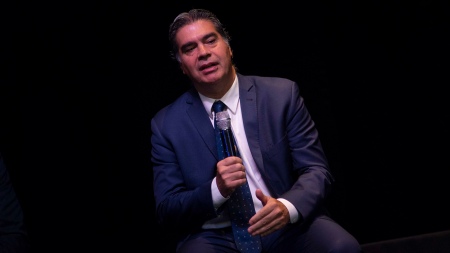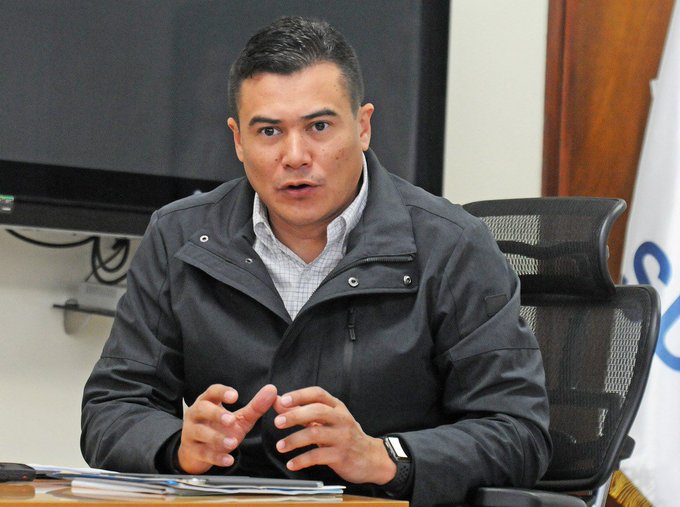The governor of Chaco, Jorge Capitanich, defended this Thursday the initiative of the Executive Branch to promote a political trial of the members of the Supreme Court of Justice, indicating that “economic-based corporations have appropriated the Judiciary.”
When speaking with Télam Radio, Capitanich indicated that “What is clear is that there is a fundamental contradiction today in the Argentine Republic and internationally between democracy and corporation”.
“Economically based corporations have appropriated the Judiciary, which they have co-opted to satisfy minority interests,” said the Chaco president.
Likewise, he said that this advance on the Judiciary was given “on the basis of the construction of a sense, embarked on media concentration.”
Expanding on his argument, Capitanich asserted that “It is clear that corporations have employees and those employees are the leaders of Cambiemos (currently Together for Change)”.
“Since they do not have decision-making autonomy, but instead respond to a pattern of conduct and orders, what they have done is destroy the institutions of the Republic,” the president remarked.
“Economically based corporations have appropriated the Judiciary, which they have co-opted to satisfy minority interests”
In this sense, the governor maintained that the impeachment of the Court is framed in the idea of ”recovering democracy with a social sense and recovering the institutions of the Republic for the people, not for corporations.”
In addition, He pointed out the “double discourse” of the opposition, remarking that “the governors of the north of the Argentine Republic are treated as feudal lords, but no one says that they are feudal lords who have governed the Autonomous City of Buenos Aires for 16 years.”
“They are Montesquieu in the spirit of the laws at the national level, but Genghis Khan in their respective provinces,” he stressed, establishing a comparison between the French jurist and the Mongolian conqueror.
“Because I also want to remember that there are some governors who, when they took office, went from five to nine members of the Court, but they are opposed to expanding it,” recalled Capitanich.















